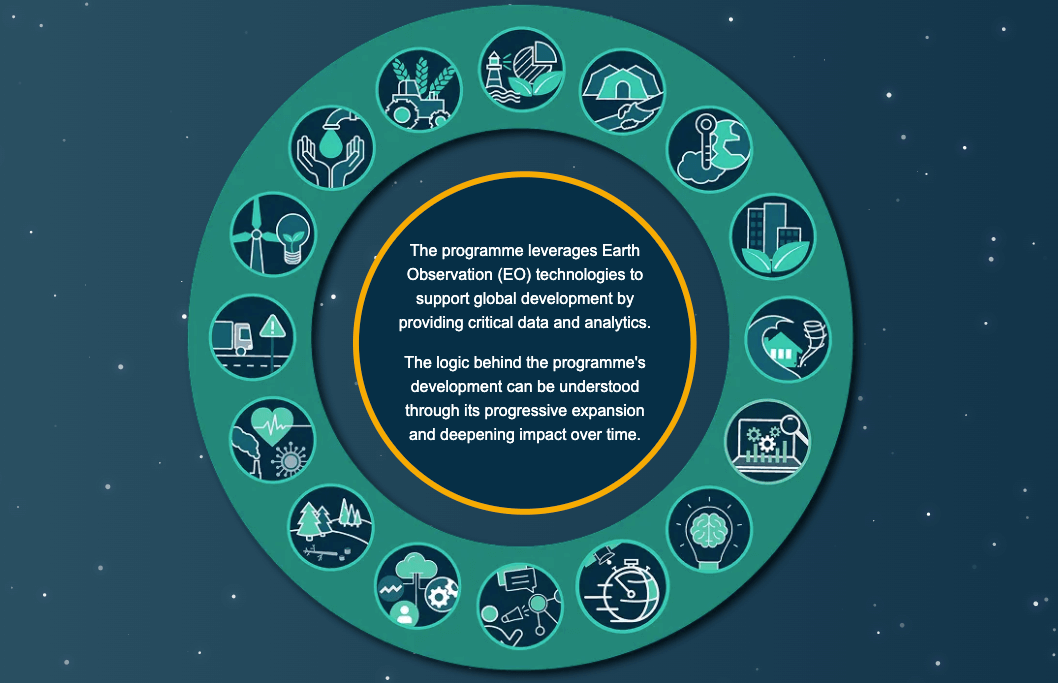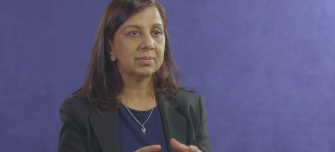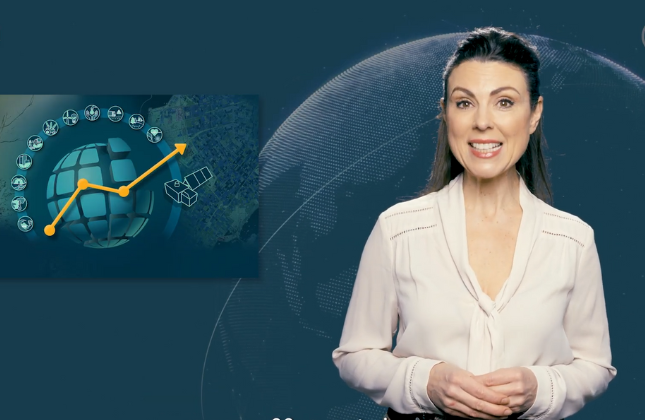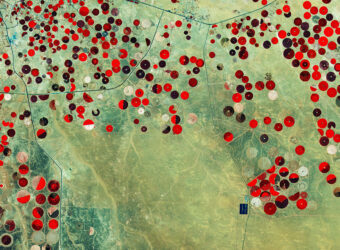The recently concluded EU Space Week in the Spanish city of Sevilla provided a platform for stakeholders from diverse backgrounds to converge and deliberate on the future of space-related activities. The Space Week featured the presence of Alex Chunet, the ESA representative to the World Bank, who was invited to highlight the collaboration between ESA and International Financial Institutions (IFIs) and in particular the Global Development Assistance program. He showcased the ongoing partnership between ESA and IFIs, aiming to explore further opportunities for scaling up and enhancing coordination with regional stakeholders in Europe as well as in the Latin American and Caribbean (LAC) region.
During the event, ESA representative interacted with key players in both the European and LAC Earth Observation (EO) communities. They participated in discussions on potential collaborations aimed at integrating EO technologies into mainstream practices. Serving as a panellist in a public event organised by Spain’s Space Agency, as host of the event and president of the Council of the European Union, Alex Chunet underscored the pivotal role of multilateral development banks in advancing space-related initiatives in the Latin American and Caribbean (LAC) region.
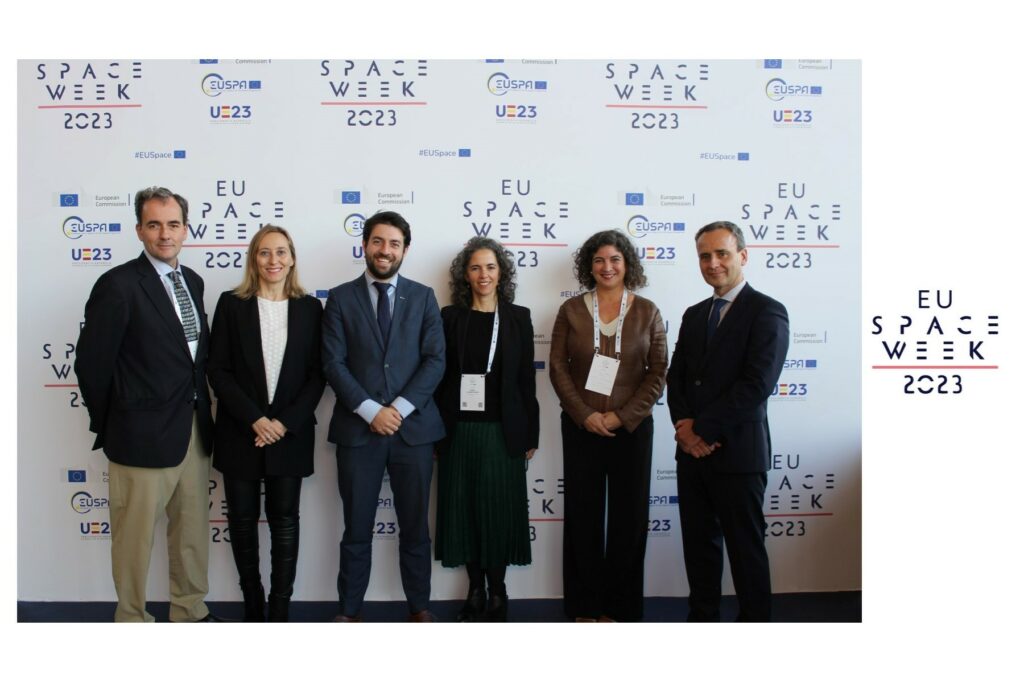
Furthermore, Alex Chunet provided an overview of the ESA Earth Observation Programme (EOP) directorate’s mission, offering insights into the nature and objectives of the collaboration between ESA and IFIs. The discussion explored key programmatic initiatives such as the GDA programme and the Copernicus LAC initiative, emphasising their roles in advancing EO in the region. He stressed the importance of enhanced collaboration and a cohesive strategy between space agencies and development banks, with the goal of mainstreaming EO technologies across the European and LAC regions.
The focus on fostering more extensive collaboration and coordination among space agencies (ESA, Spanish Space Agency, LAC Space Agencies) and IFIs (World Bank, Asian Development Bank) underscored strategic ties with the European ecosystem and ESA’s initiatives. This highlighted the importance of mobilising complementary international development resources to facilitate the broad adoption of EO technologies.
Stakeholders, including World Bank and the Inter-American Development Bank, expressed their intention to strengthen collaboration and coordination on this agenda. Renewed commitments were made to expand activities related to the promotion of EO in LAC, with a particular focus on the activities related to the Amazon basin.
In conclusion, the EU Space Week served as a catalyst for renewed partnerships and commitments, laying the foundation for a coordinated and collaborative approach to advance EO technologies in Latin America and the Caribbean. The ESA remains committed to fostering these relationships and driving initiatives that will contribute to the sustainable development of the region through space-based technologies.



